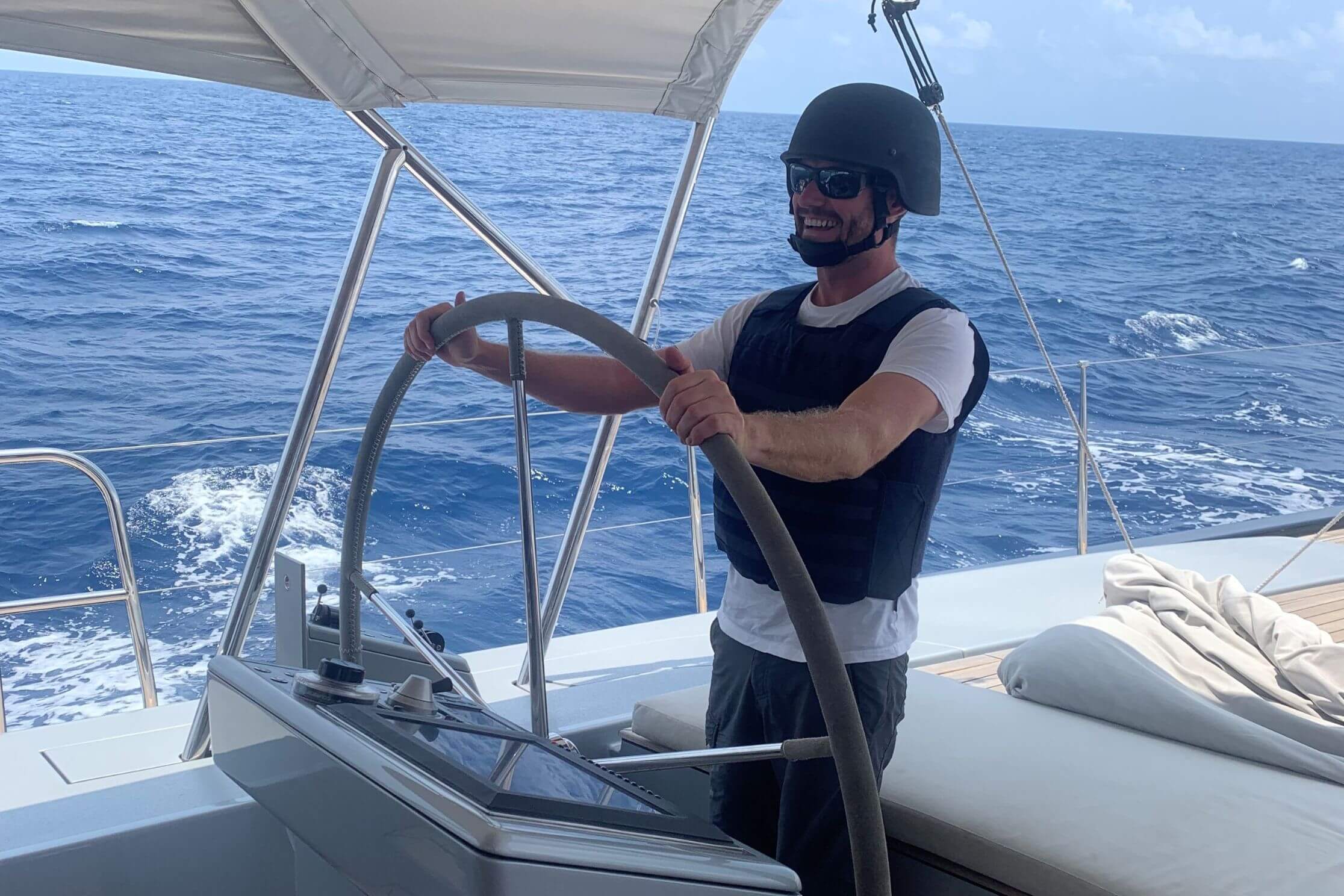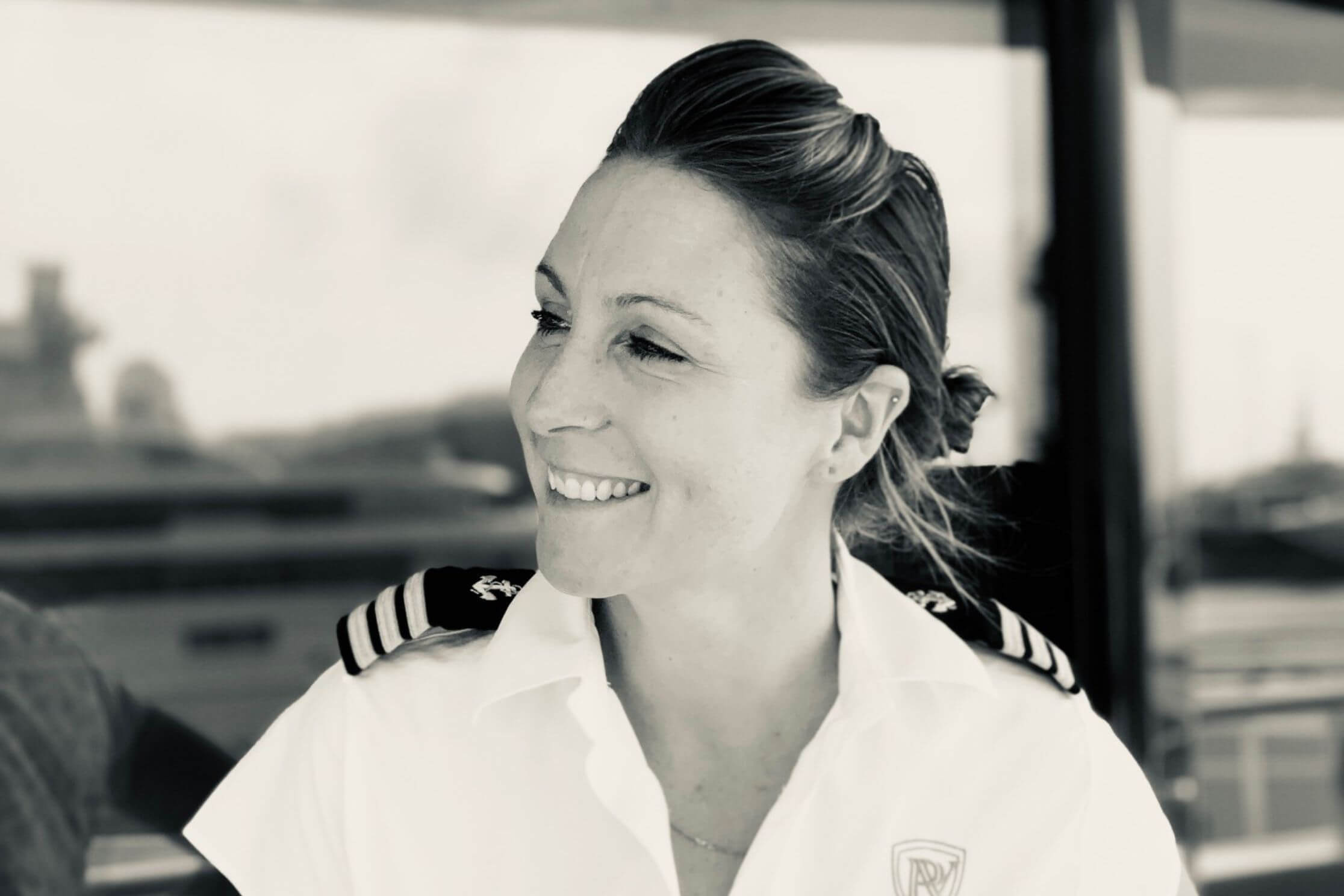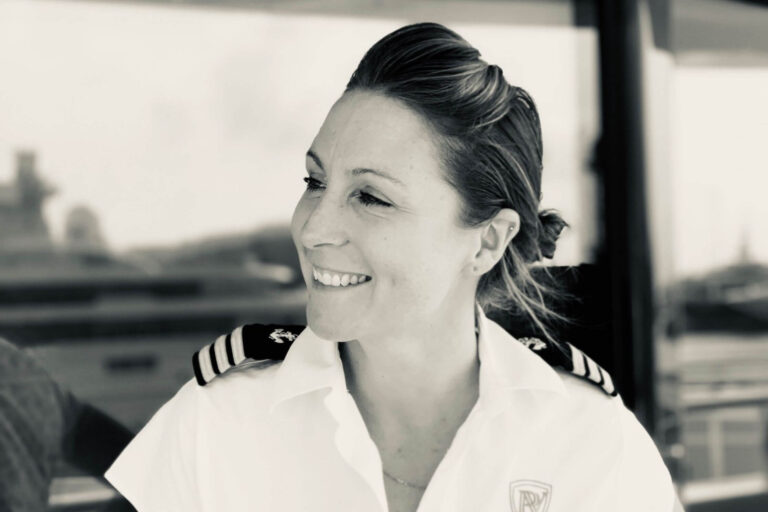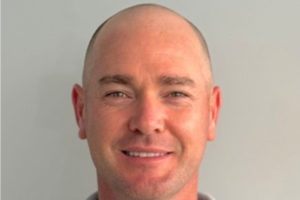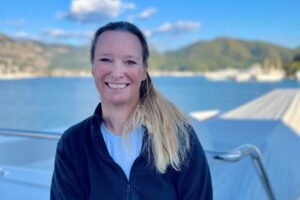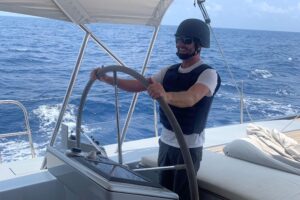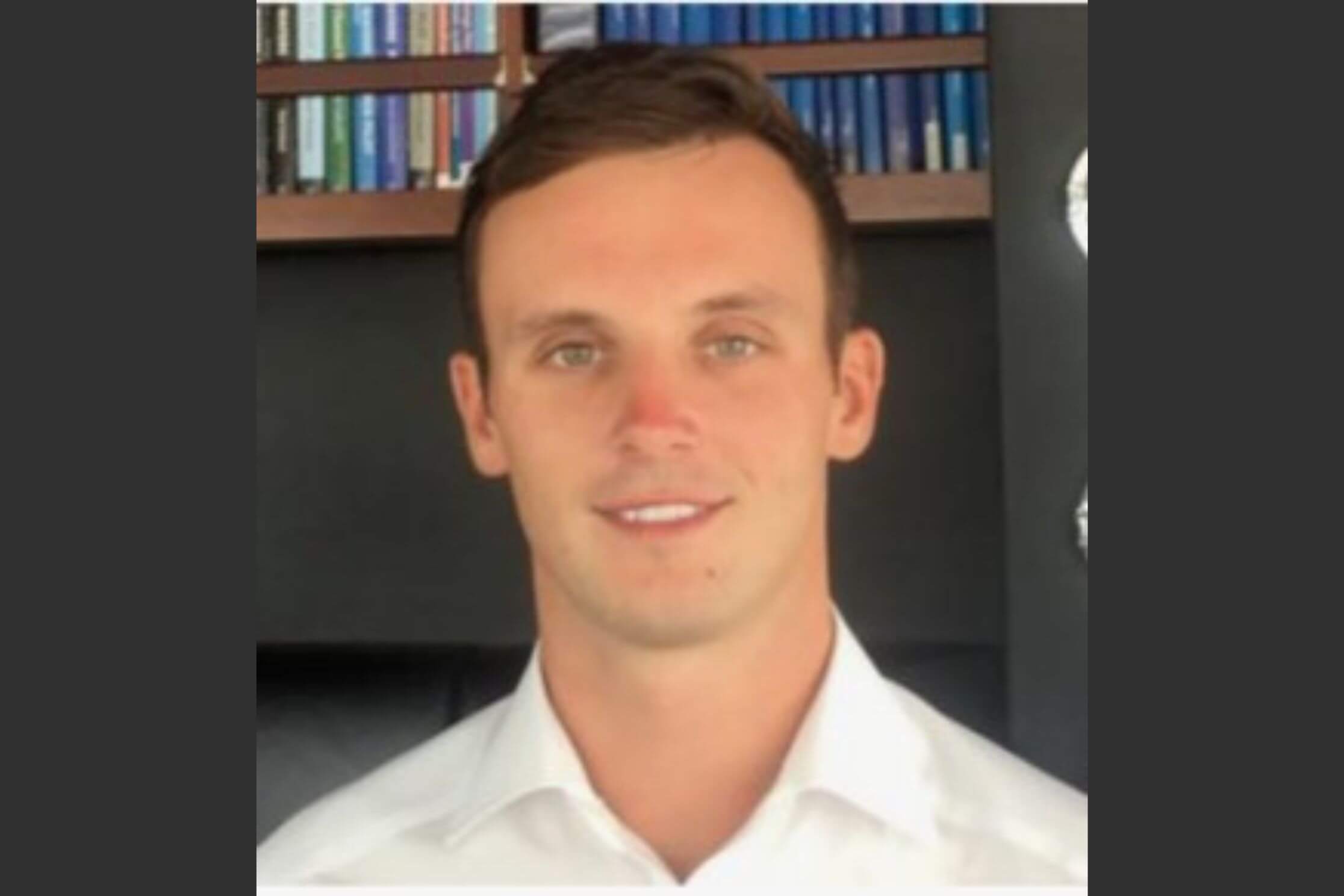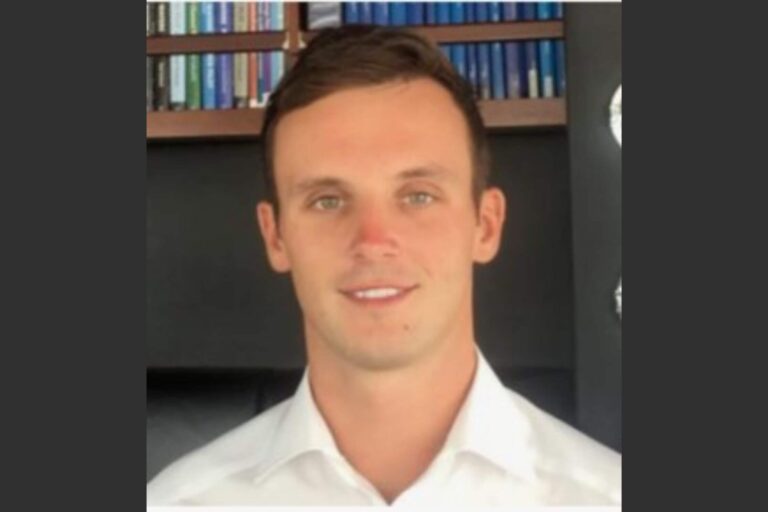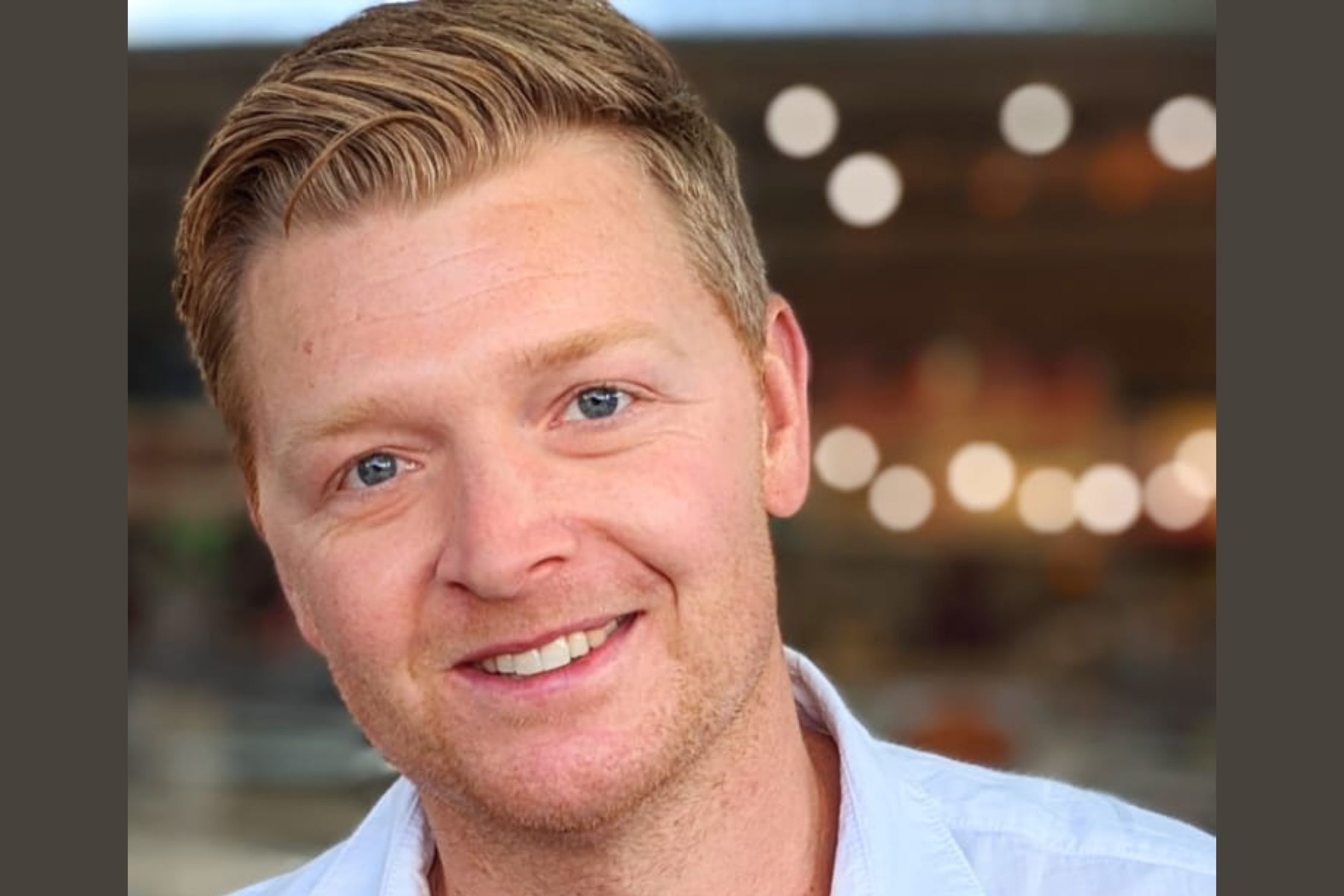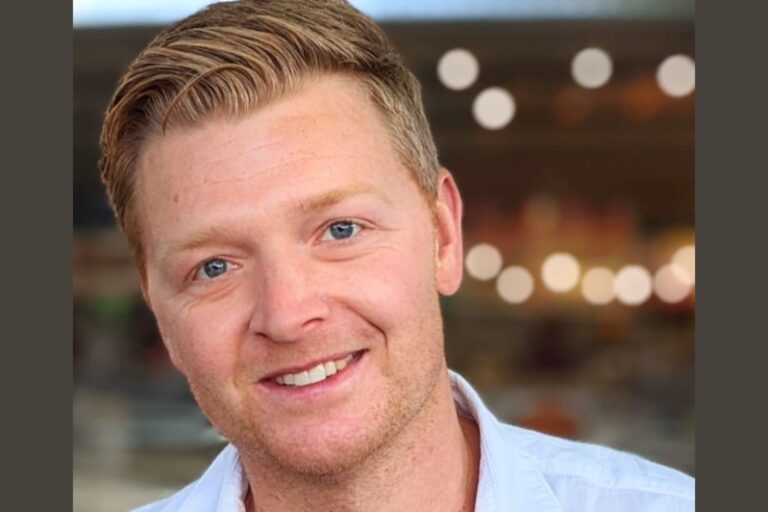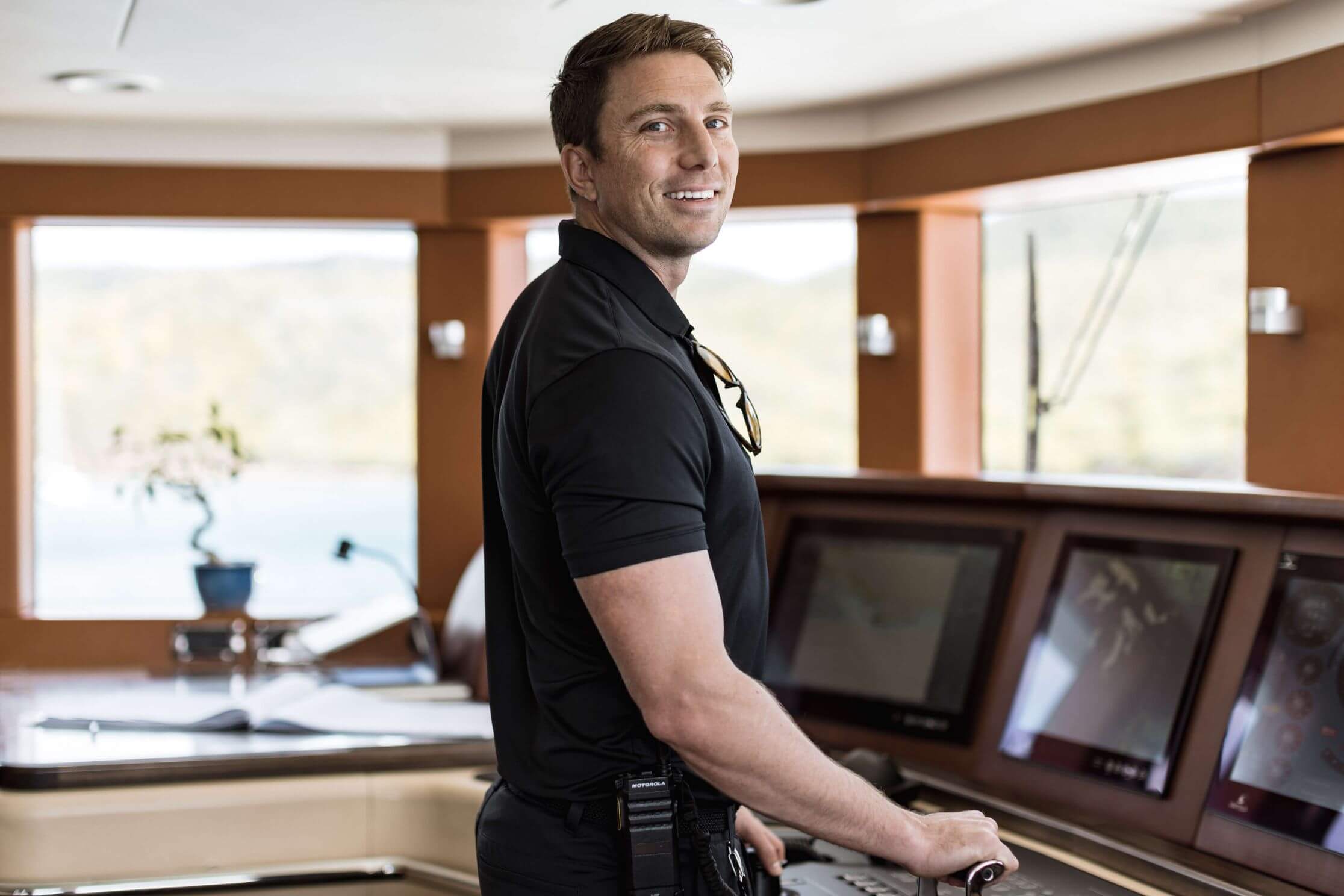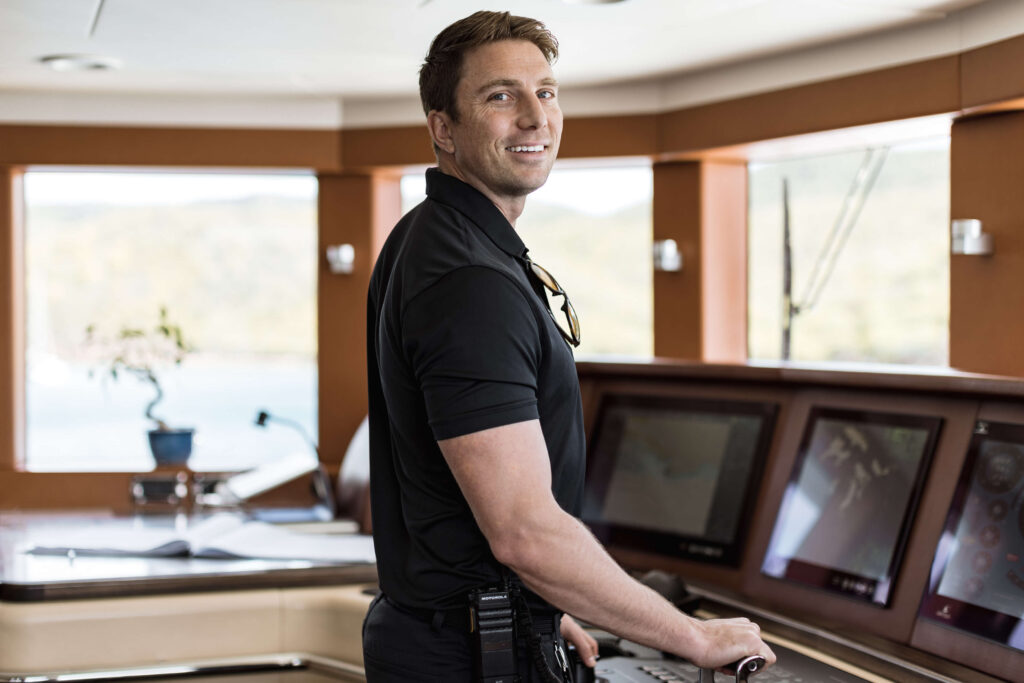Captain Tom Crockard
Tom was thrown (almost quite literally) into the deep end of sailing life relatively early on in his career. Having circumnavigated the globe on a sailing yacht, to now Captaining a super yacht, there are no waters he cannot charter. Tom shares his early journey at sea and the highs and lows that come with, as well as some sage advice for our green crew.
Tom, you have had a long and exciting life at sea – could you tell us a little bit about yourself and where you’re from?
I was born on a Sunday, 18/01/1987 in London, UK. My parents are Northern Irish but moved to London after graduating from medical school, primarily to get away from the worst of the rain and somewhat to get away from the conflicts taking place at the time in Ireland.
I lived and attended school in Highgate, north London up until the age of 18, where I founded and subsequently ended up being the ‘Captain’ of the schools sailing team (the sailing team consisting of all the kids who didn’t, couldn’t, or wouldn’t run, jump or participate in anything involving a ball).
I was introduced to sailing by my father Alan, who had sailed as a child on Belfast Loch. Dragged unaware from my comfy bed, I was stuffed into a wetsuit at about age 7 or 8, plonked into a Topper dinghy, and shoved hastily off the quayside in Christchurch Harbour in Dorset being told to ‘learn to sail or swim home!’.
Growing up sailing and racing – could you tell us about that and what it is about yacht racing that excites you?
There are many elements to racing especially those that are exciting. I moved to Cowes, Isle of Wight when I was 19, which is the hub of the UK yachting & racing scene. There is the ‘team’ element to large yacht racing or the individual challenge in smaller dinghies and always a battle with the elements and conditions.
You circumnavigated the globe back in 2012 (correct me here!!) – what was your most memorable moment on that trip and why?
Almost correct, I joined an Oyster 655 ‘Sotto Vento’ as a skipper in 2012 in Hamble, UK, having been put forward for the job by the owner’s daughter who was a Yachtmaster Student of mine at the sailing school (Flying Fish) in Cowes where I was working at the time.
The yacht was all signed up to participate in the first ever Oyster World Rally – a 15-month circumnavigation westwards from Antigua to Antigua, departing in January 2013. We departed the UK in August and headed south to join the ARC (Atlantic Rally for Cruisers) and subsequently the Oyster fleet in Antigua for the start.
The entire experience as a 24/25-year-old, setting sail around the world and visiting places that I never even knew existed and/or certainly never thought I’d ever get the chance to visit was amazing. People always ask where was your favourite place and it’s impossible to pick one – from the remoteness and desolation of Ascension Island to the thriving, vibrant Polynesia Islands. The scenery, experiences, and comradery made the entire trip memorable.
Could you tell us about your studies and career progression? What advice would you give for balancing work with studies?
There wasn’t so much of a balance for me. I have never been lucky enough to find a boat that would offer to pay for my studies, courses, or training and as such I have had to quit my job in order to further my qualifications and find new employment once qualified.
I think more and more boats are now offering training incentives and with the move to online oral exams for CoC tickets finding that balance is getting easier. I gave our Chief Officer two weeks of study leave prior to her OOW oral during a quiet month in the Seychelles last year, which has been rewarded by her committing to staying onboard for another year!
When hiring crew, what attributes do you look for? And what makes someone stand out to you?
The main attribute I interview for is personality and a willingness to get involved and offer assistance to other departments. Basically NO EGO! I find it tricky to gauge professional capability over the phone and one must take an element of risk by assuming qualifications are earnt and not bought….
I have typically been on boats with small crew numbers and as such being able to get along socially is paramount. One rotten apple can be much more destructive when there are only five people!!
If you could offer any advice to a Deckhand, hoping to climb the ranks, what would it be?
Don’t be hasty – Too many junior crew are chasing titles and promotions too quickly. Get good at your role, be an expert in your department. Being ‘lead deckhand’, ’bosun’ etc. Is meaningless if you’re no good at your job.
The promotions will come, the salary will increase and then you’ll probably wish you’d stayed as a deckhand because you were having more fun with very little responsibility.
And lastly, I know you’re busy submitting your NOE for your Master 3000, which is a huge feat, congratulations! What’s next on the horizon for you?
Since we last spoke I’ve actually received my NOE so the next step is to book and pass the oral exam! I’m going to put off a little until 2024 when I can take some time to actually focus on studying.
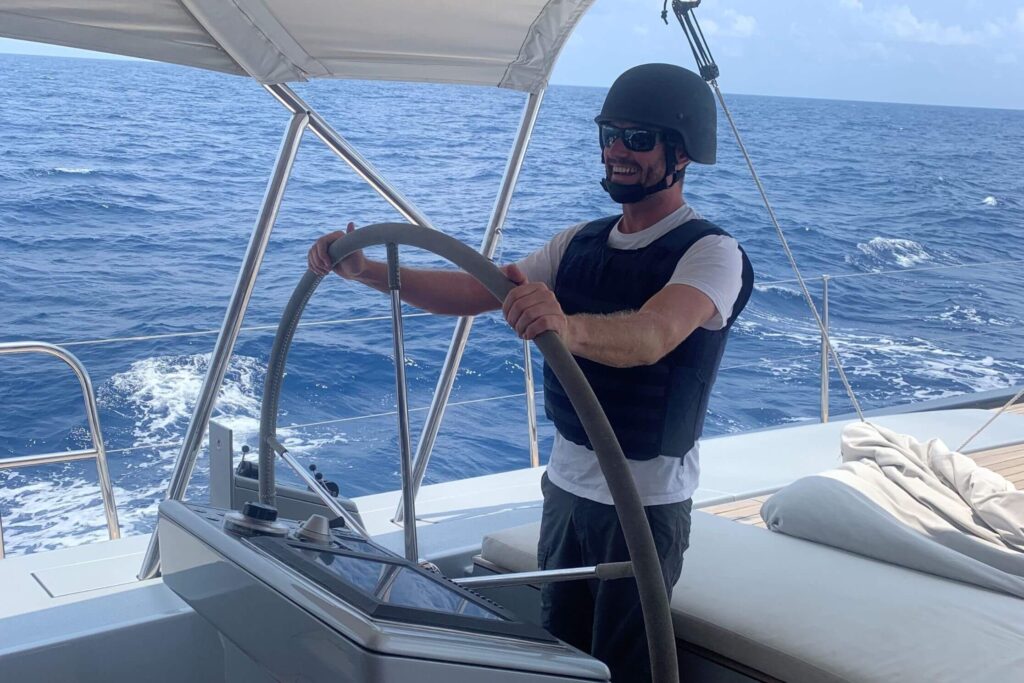
Congratulations Tom! We are certain that you will pass the oral with flying colours and we will certainly be rooting for you.

